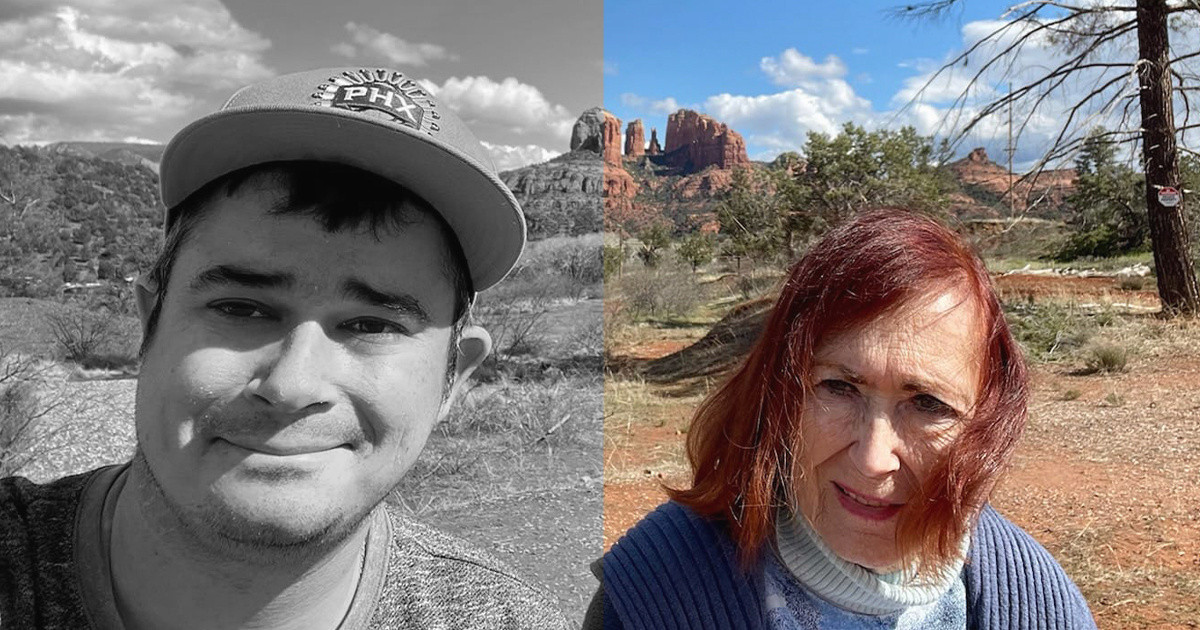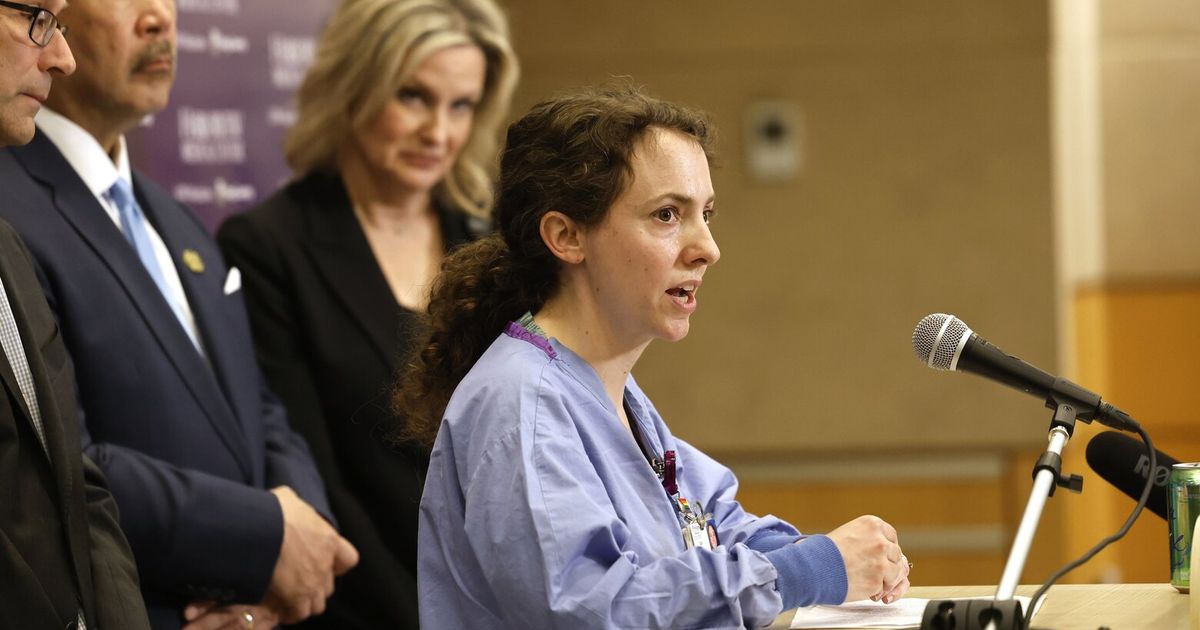Family Sues Health Insurer Centene Over Alleged 'Ghost Network' That Denied Man Vital Mental Health Care

A grieving mother is taking on health insurance giant Centene in a lawsuit, alleging the company’s deceptive practices prevented her son, Ravi Coutinho, from receiving the mental health care he desperately needed. The lawsuit follows a recent ProPublica investigation that highlighted the dangers of “ghost networks” – insurance provider lists of therapists and psychiatrists that appear available to patients but are, in reality, inaccessible.
Ravi Coutinho tragically died in 2022 after struggling with mental health issues. His mother, now the plaintiff in the case, claims Centene misled Ravi about the availability of mental health professionals within his insurance plan. According to the lawsuit, Centene’s online directory presented a network of providers who were, in fact, either no longer practicing, unreachable, or unwilling to accept the insurance. This created a false impression of accessible care, effectively barring Ravi from receiving the treatment he sought.
The ProPublica investigation exposed a widespread problem within the health insurance industry, where companies maintain inaccurate provider directories to limit costs and avoid paying for mental health services. This practice leaves vulnerable patients like Ravi Coutinho with a false sense of security and ultimately prevents them from getting the help they need. Centene, one of the largest health insurers in the US, is facing increasing scrutiny for its alleged role in this systemic issue.
The lawsuit accuses Centene of publishing “misleading” information and failing to adequately verify the accuracy of its provider network. The plaintiff argues that Centene’s actions directly contributed to Ravi’s inability to access mental health care and ultimately played a role in his death. She is seeking damages and calling for systemic changes to prevent similar tragedies from happening to others.
This case has broader implications for mental health care access in Australia. The rise of 'ghost networks' is a growing concern, particularly as demand for mental health services continues to increase. Regulators and consumer advocacy groups are now urging for stricter oversight of health insurance provider directories to ensure patients have accurate and reliable information about their care options.
The lawsuit against Centene is expected to draw significant attention and could potentially lead to reforms within the health insurance industry. It serves as a stark reminder of the critical importance of accurate and accessible mental health care for all Australians and the devastating consequences that can arise when these services are denied.






